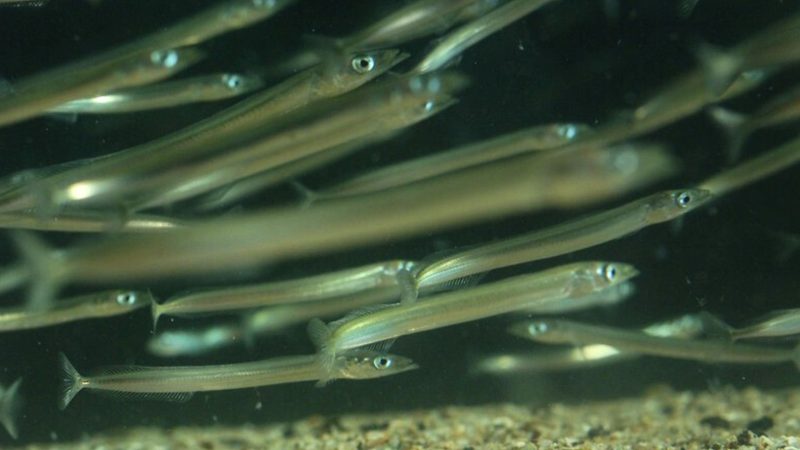Michael Gove, the environment secretary, has called for a threefold increase in the amount of ocean that should be protected from fishing and other damaging activities in the next decade under a global treaty.
Britain’s new ambition will be its contribution to international discussions that begin in November to replace the global target of ten per cent of the ocean protected by 2020 that was set in 2010.
Currently less than 10 per cent of the world’s seas are protected from extractive activities under the target set by the UN Convention on Biological Diversity.
New talks begin at a meeting in Egypt in November and Britain is now backing calls by scientists and the swimmer and ocean campaigner, Lewis Pugh, for the target to be improved to 30 per cent.
Mr Gove said: “Protection of our oceans is a global challenge which requires global action. The UK has already safeguarded vast swathes of precious marine habitats, but we must go further.
“Only by working together can we protect our shared home and ensure our marine life continues to be a source of awe and wonder for future generations.”
His call for other nations to raise the amount of ocean protection coincides with talks at the UN General Assembly about marine conservation.
Lewis Pugh, who recently completed a 328 mile swim along the length of the English Channel, said the pain caused by his swim had disappeared in light of the announcement that the government was backing the plan.
“It took my breath away. If this is supported by other nations and followed through, it will be the most important moment for ocean conservation in history.
“While we welcome this landmark decision, we need to focus not only on the number but the nature of the protection.
“Fully protected Marine Protected Areas are what it takes for the oceans to fully recover. Without this a protected area is like a frame without a picture,” he told ITN News.
Charles Clover, executive director of the Blue Marine Foundation, said: “Michael Gove should be congratulated on committing to this hugely ambitious target which is typical of him and lives up to what one would expect both from Britain’s maritime history and the increased public expectations after the BBC’s Blue Planet II.
“Yet someone has to point out that the words that scientists used to say what needed to be done have been subtly altered by a government which has yet to be totally convincing in establishing marine protected areas: what the scientists said was these areas should be representative of all habitats and ‘highly protected.’
“What is promised here is that there should be a series of ‘management measures.’ Percentages are one thing, protection is another. I predict that this announcement will focus attention even more closely on what the government means by ‘protection.’”


















